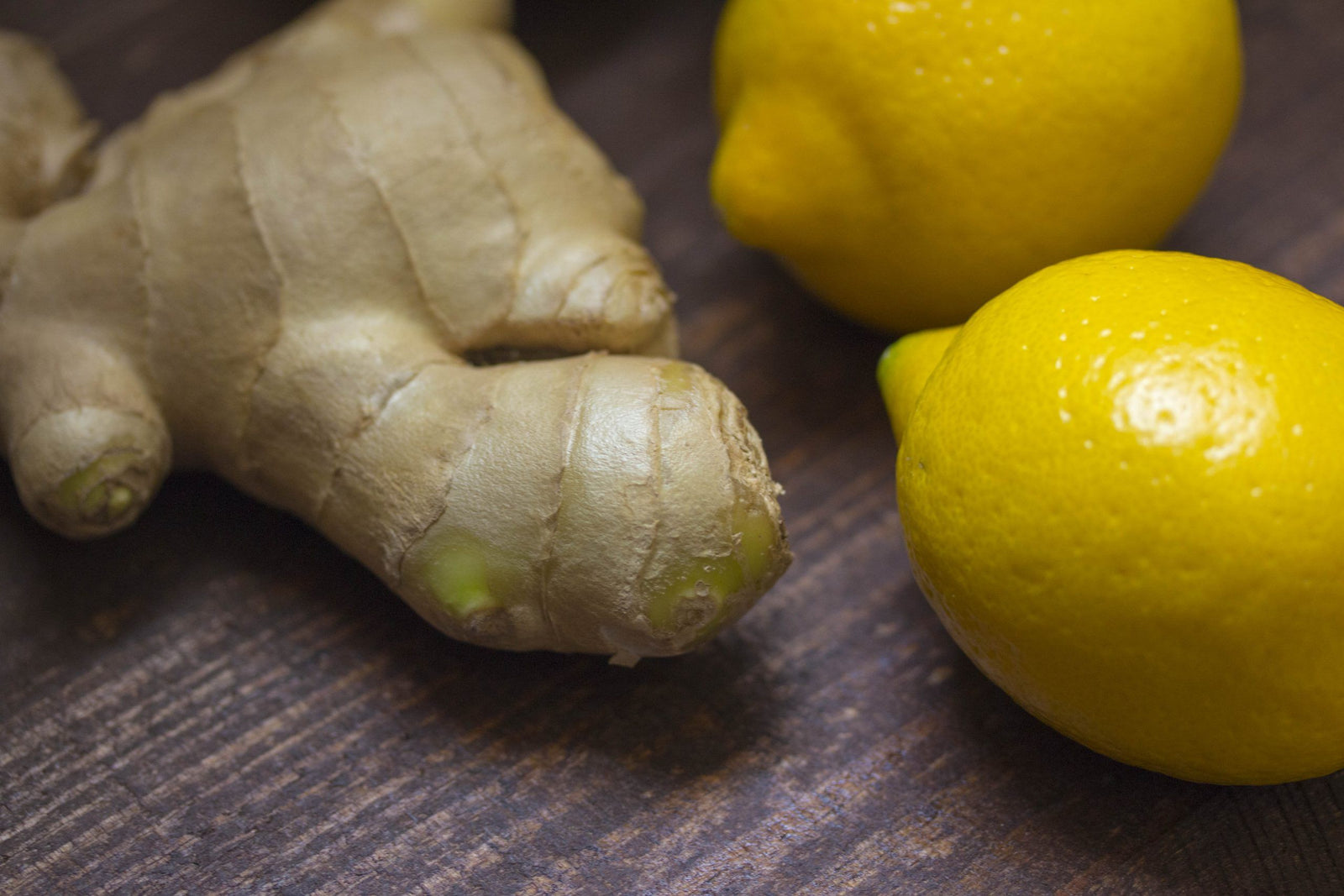Have you ever thought about how you typically proceed when you are ill or have physical problems? Ultimately, there are only two different approaches to this topic.
Either you ask yourself where the cause of your problem lies and what you can do yourself to eliminate this cause as quickly and, above all, permanently as possible, or you just look at the symptom and think about who can make the symptom go away as quickly as possible so that you don't have to deal with it.
But who is ultimately responsible for your health? The doctor or yourself?
Our health is in danger
In a lecture by Professor Dr. Jörg Spitz, we heard a frightening figure: only 4% of the population is still without health complaints! Although we are making more and more progress in medicine, eradicating more and more diseases and finding even better treatment methods, we are sicker than ever.
How can this be? Prof. Dr. Spitz gives the answer right away: sabotage! We no longer live according to our genetic make-up. We are not made for the stresses we are exposed to today, nor are we made for the food we put our bodies through on a daily basis.
Almost all diseases, at least the so-called diseases of civilization, are absolutely homemade, produced by ourselves! Only this explains why we have more diabetics, more cancer patients and more Alzheimer's sufferers today than ever before!
Protecting health, but how? Personal responsibility!
There is a remedy for this situation: we have to take responsibility for our own health again. We have seen it every day in our practice: it only takes a few weeks, sometimes even a few days, to get the body back on track and achieve the first improvements.
An anti-inflammatory diet adapted to our metabolism plays a very important role in this.
Time and again we get feedback from customers that they would never have thought that complaints such as high blood pressure, insomnia, tiredness or digestive problems could be resolved so quickly and easily, just by making a few lifestyle adjustments. So why don't more people do it?
Because it sounds difficult. And sometimes almost "too good to be true". And because changing habits is more difficult than simply swallowing a pill. But ultimately, refusing to take responsibility for your own health also has financial consequences. Not just health-related ones. For example, when we think of the constantly rising health insurance premiums.
4 tips to effectively protect your health
1. use home remedies first
For bruises, ticks, fever, colds: call your grandma or mom or ask your neighbor. In 9 out of 10 cases, you simply don't need a doctor, medicine or antibiotics. Chamomile tea and milk for sore throats, moist compresses (also with vinegar) for fevers, onion poultices, etc.
2. A trifle doesn't need an emergency room
Stay away from any emergency room. These are designed to save lives, not your rash to look at. In addition, these must be profitable and a patient with a tick is only worthwhile if at least an ECG has been written and an ultrasound has been carried out.
3. wait 48 hours first
Stick to the 48-hour rule: it is only worth even thinking about seeing a doctor after 48 hours of fever etc.
4. you need the right person: your family doctor
Find a family doctor. This is much cheaper and usually more effective than all the walk-in clinics or emergency rooms in the world. And if they don't want to give you medication, they are usually right to do so.
Protecting health needs to be learned

If politicians want to do something, they should introduce "health education" as a school subject. Here, young people could get to know themselves and their bodies better and develop an understanding of simple correlations. It probably wouldn't do most parents any harm to attend the lessons either. And please stop shifting the responsibility for your body and your health onto others and looking for people to blame for your ailments.
Our aim must be to spread the belief and knowledge that a healthy lifestyle, i.e. a lifestyle that suits our genetic programming, can do far more than "just" keep us slim. Our health and, as we have seen above, our monthly financial burden, among other things, depend on it.
Now we would like to know: What do you think it would take to increase people's health literacy? Do you have any ideas? Or: what do you do to inform yourself? Do you read books? Do you go to events? Write it in the comments, we look forward to any feedback!
















